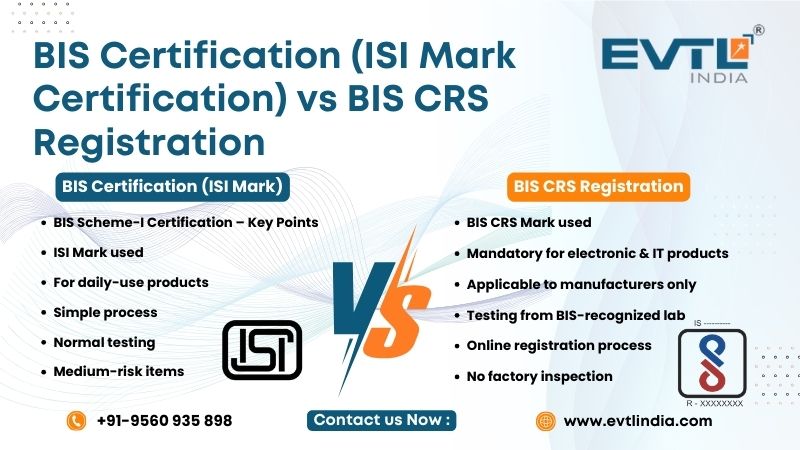Plywood is an essential material used
across various industries, including construction, furniture, and interior design.
Ensuring the quality and durability of plywood products is crucial to
maintaining safety and performance. In India, the Bureau of Indian Standards (BIS) plays a significant role in
setting quality benchmarks through mandatory certification.
To regulate the quality of plywood and
wooden flush door shutters, the Ministry
of Commerce and Industry, through the Department
for Promotion of Industry and Internal Trade (DPIIT), introduced the Plywood and Wooden Flush Door Shutters
(Quality Control) Order, 2024. This order, enacted under the BIS Act, 2016, mandates that
manufacturers obtain BIS certification for plywood before selling their
products in the Indian market.
This article provides an in-depth
overview of the BIS Standards for Plywood, the certification process, the
products covered, and the legal implications of non-compliance.
Understanding BIS
Certification for Plywood
The Bureau of Indian Standards (BIS) is India's national standards body
that ensures product quality, safety, and reliability through certification.
BIS certification for plywood is essential for manufacturers to legally sell
their products in India. It confirms that the plywood meets predefined quality
standards and safety requirements.
Why is BIS Certification Important for Plywood?
● Enhances Consumer Trust – Buyers prefer
products with the ISI mark for plywood, which guarantees quality and adherence
to industry standards.
Plywood and Wooden Flush
Door Shutters (Quality Control) Order, 2024
The Plywood and Wooden Flush Door Shutters (Quality Control) Order, 2024,
replaces the 2023 order and
reinforces the BIS certification for plywood as a mandatory requirement. As per
this order:
Products Covered Under BIS
Certification for Plywood
The following types of plywood and
wooden flush door shutters must comply with the Indian Standard for Plywood and
bear the ISI mark for plywood:
|
Indian Standard |
Product Name |
|
IS 303:1989 | |
|
Wooden flush
door shutters (solid-core type) - Plywood face panels |
IS 2202 (Part 1):1999 |
|
IS 710:2010 | |
|
IS 5509:2021 | |
|
IS 1328:1996 | |
|
IS 2191 (Part 2):2022 | |
|
Wooden flush
door shutters (cellular and hollow core type) - Plywood face panels |
IS 2191 (Part 1):2022 |
|
IS 2202 (Part 2):2022 | |
|
Plywood for
concrete shuttering works |
IS 4990:2011 |
|
IS 10701:2012 |
These
standards ensure that plywood used in different applications meets industry
requirements for strength, durability, and safety.
How to Obtain BIS
Certification for Plywood?
The process for obtaining ISI
certification for plywood involves the following steps:
- Application
Submission: Submit the completed application
form with necessary documentation to BIS.
- Document Review: BIS evaluates the submitted documents to verify accuracy and
completeness.
- Factory Inspection: BIS officials conduct on-site inspections to assess
manufacturing processes and quality control systems.
- Sample Testing: Product samples are collected and tested at BIS-approved
laboratories to verify compliance with Indian standard.
- Certification Grant: Upon successful inspection and testing, the BIS issues the certification, allowing the use of the ISI Mark for plywood.
Documents Required for BIS Certification
To apply for ISI
Certification for plywood, manufacturers must provide the following documents:
● Completed application form
● Detailed manufacturing process
information
● Quality control plans and test
reports
● Factory layout and equipment
details
● Product specifications and
technical details
● Business registration proof
● Declaration of conformity to
Indian standards
Additional
documentation may be required based on product specifications and environmental
regulations.
Legal Implications of
Non-Compliance
Under the BIS Act, 2016, failing to comply with the Plywood and Wooden Flush Door Shutters (Quality Control) Order, 2024
can result in:
● Consumer Safety Risks – Using substandard plywood can lead to safety
hazards, affecting buildings and furniture quality.
Benefits of BIS
Certification for Plywood Manufacturers
● Government Compliance – Avoids legal
issues and penalties related to ISI
certification for plywood.
Conclusion
The BIS certification for plywood is a
crucial requirement for manufacturers in India. It ensures that plywood
products meet high-quality standards, are safe for use, and comply with
government regulations. The Plywood and Wooden Flush Door Shutters (Quality
Control) Order, 2024 reinforces the necessity of obtaining ISI certification
for plywood, making it mandatory for market entry.
Manufacturers must strictly follow the
Indian Standard for Plywood and obtain the ISI mark for plywood to remain
compliant with the law. This certification benefits both businesses and consumers
by ensuring durability, strength, and reliability in plywood products.
By adhering to BIS standards for
plywood, manufacturers can enhance their reputation, expand market
opportunities, and contribute to a safer and more reliable construction and
furniture industry in India.





















